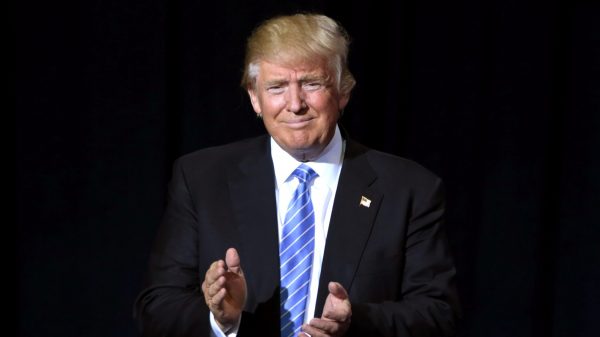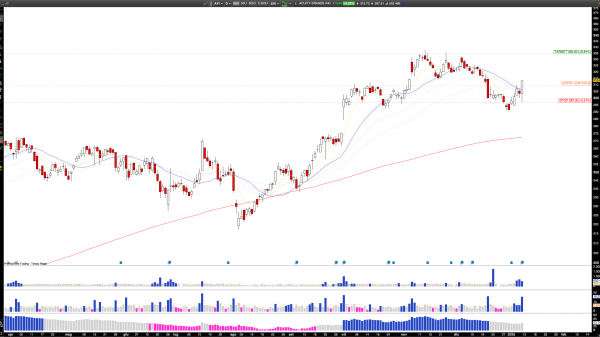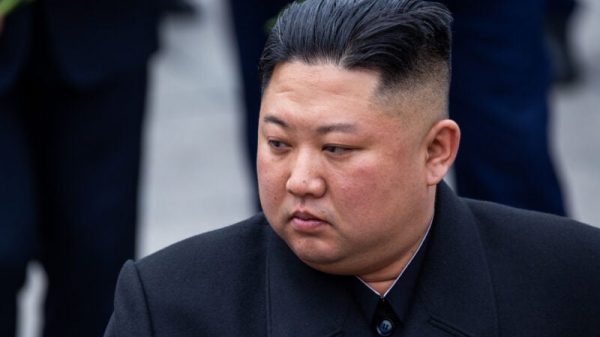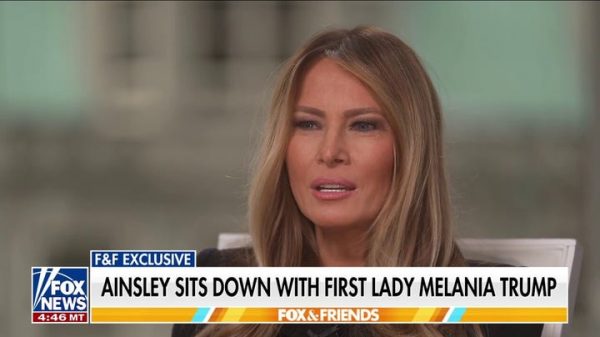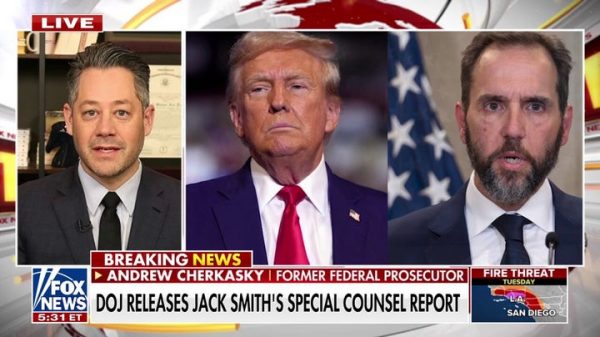For a young woman attempting to knit her first sweater, tariffs might seem like a distant concern, more suited to headlines than handmade goods. But as the Trump administration proposes new tariffs, the ripple effects could reach deep into the heart of not just the crafting world but all small enterprises, tightening a thread of economic strain through communities that thrive on creativity, craftsmanship, and small-scale commerce.
Tariffs, essentially taxes on imported goods, are aimed at encouraging domestic production by making foreign products more expensive. While they may serve as a tool for boosting domestic industries, they also inadvertently put a strain on small businesses that depend on these imports and are disproportionately impacted by price increases and supply chain disruptions. For artisans and craft business owners, many of whom rely on unique materials and tools sourced from around the globe, this means an increase in costs that can’t easily be absorbed.
The impact of the Trump administration’s proposed tariffs extends beyond imported goods. Even products made in the US aren’t immune, as heightened costs throughout their supply chains could lead to higher prices for domestically produced items. Take for example Premier Yarns, a popular choice for the fiber arts community — and my yarn of choice. While the yarn itself is manufactured in the US, the raw fibers are often sourced from Turkey, making them one of about 45 percent of businesses that depend on imported raw materials according to the National Association of Manufacturers. Tariffs on these imported fibers could lead to increased production costs, even for yarns produced domestically, affecting everything from pricing to production schedules.
Recent studies offer compelling insights into how tariffs present a complex challenge for small businesses, extending far beyond the crafting sector. A comprehensive study by the National Bureau of Economic Research shows tariffs introduced under the previous Trump administration were borne almost entirely by American consumers and enterprises. These costs disproportionately impact small businesses, who often lack the financial flexibility and resources to absorb increased costs resulting from tariffs, making them more vulnerable to shifts in policy. Reports from the Peterson Institute for International Economics also highlight how tariffs intended to protect domestic industries inadvertently act as regressive taxes that indirectly hurt lower-income consumers and increase production costs for small businesses, stifling their ability to compete both domestically and globally.
Faced with rising costs, craft business owners are often left with two choices: adapt or stagnate. The artistic compromise or scaling back of craft businesses could be a silent casualty of the trade policy. Some might seek out lesser-quality materials to keep prices stable, but at the cost of diminishing the allure of their artisanal brand. Others might raise prices to maintain their art’s integrity but risk losing customers in the process. Of small business owners surveyed, 27 percent intend to handle a tariff induced rise in costs through attempts to cut spending in other areas, with 64 percent saying they would ultimately have to increase their prices. Neither choice is appealing, and both carry the risk of stifling the creative innovation that is a hallmark of the craft business community.
The impact of these tariffs extends beyond individual crafters to the broader economy. Local economies thrive on artisan markets, craft fairs, and tourism. These micro-economies hinge on a delicate balance of supply costs, consumer prices, and discretionary spending. When tariffs disrupt this balance, reducing consumer spending up to $78 billion every year the tariffs are in place, the effects can cascade from the individual artist to the broader community, especially in communities where local artisan shops are significant contributors to economic activity.
As we assess the landscape shaped by the proposed tariffs, it becomes evident that the implications extend far beyond the studios of individual artisans, permeating every facet of small business operations in America. Protectionist policies designed to bolster large manufacturers can inadvertently harm small businesses that contribute significantly not just economically, but to the cultural vibrancy of their communities. These enterprises, from local coffee shops to tech startups, form the backbone of the US economy, driving innovation, employment, and community development. When tariffs disturb the delicate equilibrium of operational costs and consumer prices, the very vibrancy and resilience of this sector are put at risk.
As policymakers continue to debate trade measures, it is imperative that they consider their far-reaching impact on the diverse tapestry of American small businesses. The right policies can either cultivate a thriving garden of diverse artisan enterprises or trample them in the mud of unintended consequences. The hope is that policymakers will recognize the unique vulnerabilities of these small enterprises and knit policies that help rather than cripple the rich mosaic of small enterprises that bolster our economic and cultural landscapes.
Just as every stitch counts in a sweater, so too does every small business in the broader economic fabric of the nation.


